South Sudan
South Sudanese still appear divided over their government’s decision to allow an extra 4,000 UN peacekeeping protection force into the country.
The world’s newest nation which was recovering from a 2013 civil war, risked descending into a state of war all over again in July when forces loyal to president Salva Kiir and his then first vice president, Reik Machar clashed in the capital, Juba.
The ensuing violence forced Machar to flee the capital and subsequently the country with his place in the unity government taken up by Taban Deng Gai, his former chief negotiator.
But after a meeting with envoys from the UN Security Council in Juba on Sunday, Salva Kiir agreed to the deployment of the UN protection force in a bid to avoid a UN arms embargo.
But public opinion remains divided over the idea to allow more peacekeepers into the country.
When the African Union said it would send troops to help maintain the peace, some South Sudanese kicked against the idea. They as well as the government equally rejected a UN proposal to send troops also saying there were about 12,000 UN troops in Juba alone.
And even though the government appears to have softened its stance, some South Sudanese who spoke to Africanews’ correspondent in Juba do not seem to have changed their mind.
The Secretary General of the the South Sudan Civil Society Alliance, Kaluel Akok Kuch told Africanews’ Deng Machol that the government would have to “withdraw their acceptance” of the UN protection force.
“We ask the UN to revoke their decision. The decision does not help South Sudan,” he said.
He argued that: “We have several UN troops here in the country and they were failures. They couldn’t fulfil their mandate”, adding that the South Sudanese government must be prepared to “bear the responsibility of the consequences that the 4000 UN troops may cause in Juba”.
Albino Bol Dhieu, President of the National Youth Union on the other hand appeared more receptive of the government’s decision saying the leaders will “obey what the president has accepted regardless are we satisfied with that or not”.
He however said: “If these troops should come to Juba, they must be from very far countries who are not directly bordering South Sudan, because there will be a conflict of interest for those who are direct neighbours to South Sudan,” adding that “to avoid this conflict of interest, we need them to be neutral parties who have nothing apart from the mandate that UNMISS is going to give them”.
There was however a Juba resident who thought the “decision taken by the government is not good because people have talked a lot with the government on this matter but the government has come up with its own decision which is different from ours”.
The SPLM-in opposition whose leader Reik Machar has been deposed, has meanwhile told Africanews it welcomes the deployment of the extra troops.
“It is a way of restoring law and order so that we can be able to be on the ground,” said Mabior Garang de Mabior, Spokesperson for the SPLM-IO.
“As it is now, there is no security arrangement that allow for SPLM-IO leadership to be in Juba. So with the deployment of these forces, our leadership will be able to come out of the UN protection camp” Mabior added.
He explained that the UN protection force would provide “the security arrangements that would allow for our politicians to sit down in Juba to elect a new leader, (as) there was no conducive environment. With the coming in of these forces, the right condition will be created for the SPLM-IO leadership to be able to sit down”.
The Reuters news agency reports that a government minister has said the country is yet to agree on the number and nationality of the UN peacekeepers who will constitute the protection force.
The government spokesperson, Michael Makuei is quoted by Reuters as saying the country needed to “agree on the armament, we need to agree on the deployment, we need to agree on the time frame,” adding that “if we don’t accept it, if we don’t agree with that, nobody will enter South Sudan”.




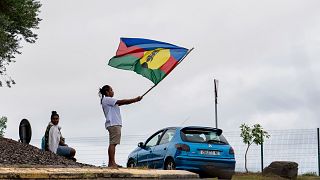
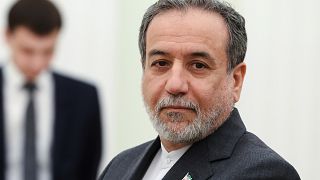
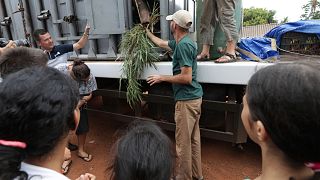
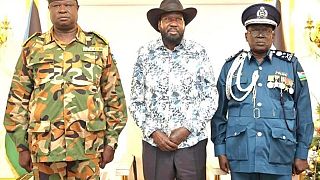
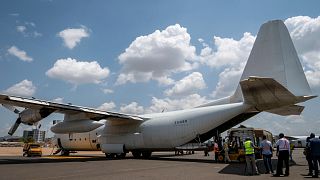
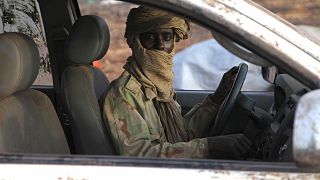

01:10
Young South Sudanese player selected for NBA basketball team
01:41
UN warns of looming famine in Sudan, Gaza and 3 other global hunger hotspots
01:58
South Sudan celebrates International Day of United Nations Peacekeepers
Go to video
UN Peacekeepers Day: Children steal spotlight with powerful call for peace
Go to video
Conflict and disease put a strain on South Sudan's fragile healthcare system
01:03
Final destination for deportees flown out of the United States remains unknown